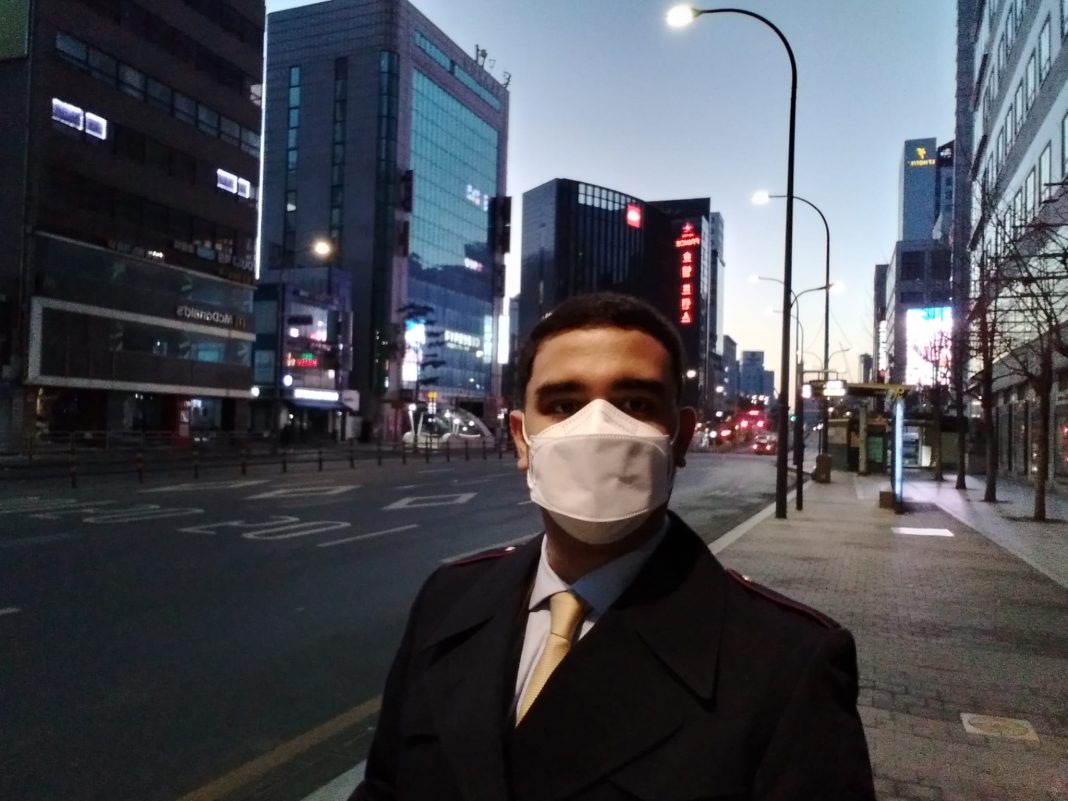Like any Costa Rica voting abroad, he loved the feeling of stepping back into his country, if only for a moment: the familiarity of finding his name on the voting list, of the look of the ballot, of the conversations with compatriots. He was thrilled to cast his first vote abroad and felt disoriented for a moment when he emerged onto the streets of Seoul once more.
But for him, the moment of deepest appreciation came later that afternoon. Back in his dorm, amidst the usual relaxation of a Sunday afternoon, he chatted with his fellow students about what he’d done that morning. Mexico. East Timor. Burkina Faso. They hail from most every continent, as many backgrounds as there are people in the room.
You can vote? Even from abroad? And your democracy works? some said. The students who couldn’t even imagine such an experience told him what it’s like to feel completely powerless over who is president—how his morning’s trip was something far beyond their grasp.
Failure and shortcomings, inequality and injustice that keep voters from turning out: yes. All of that. But still, 14,000 km from home, he got to have his say. And 14,000 km from home, he sat among these citizens of the world and saw himself, perhaps for the first time, as someone rarer than he should be: a child of true democracy.
Inspired by Sergio Cantillo Campos and his memories of participating in Costa Rica’s elections from Seoul, South Korea, in February 2022. Our weekly Media Naranja column tells short love stories with a Costa Rican twist. During our March edition, “The Lineup,” we’re focusing on the love of country that Costa Ricans demonstrate—and sometimes rediscover—when voting from abroad.






